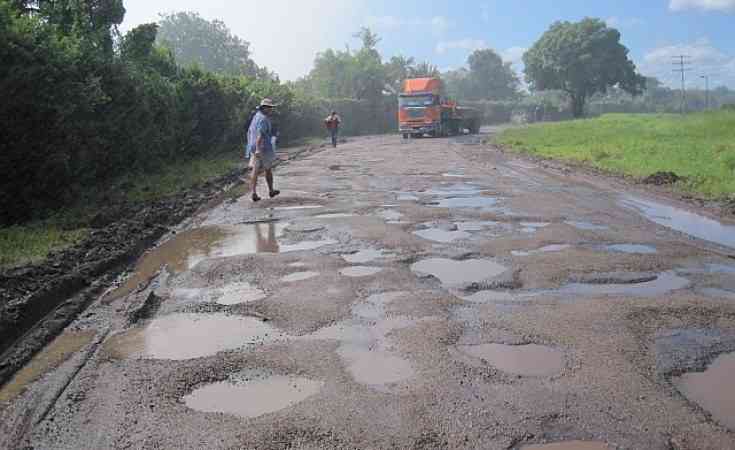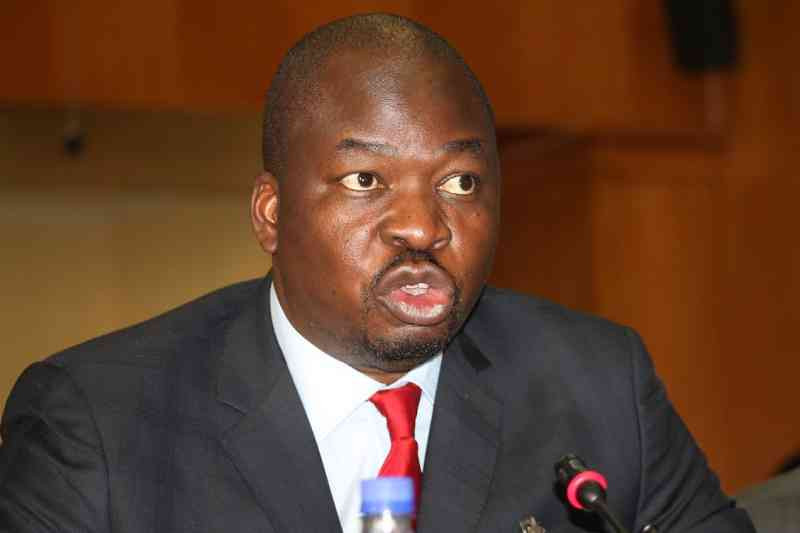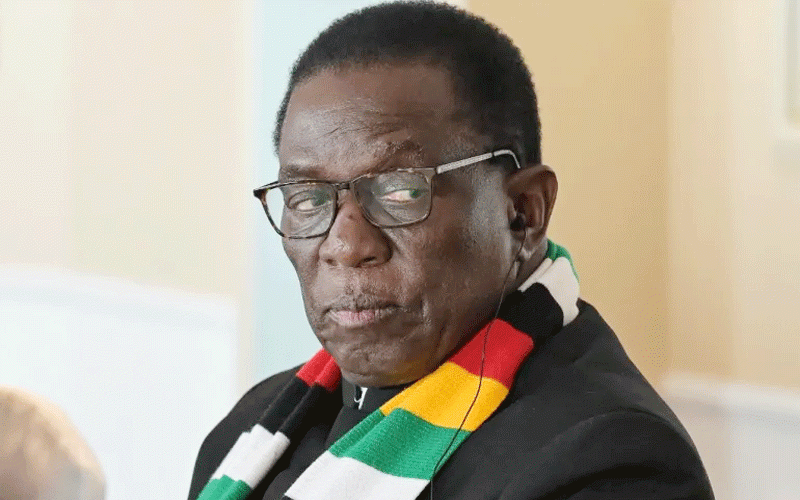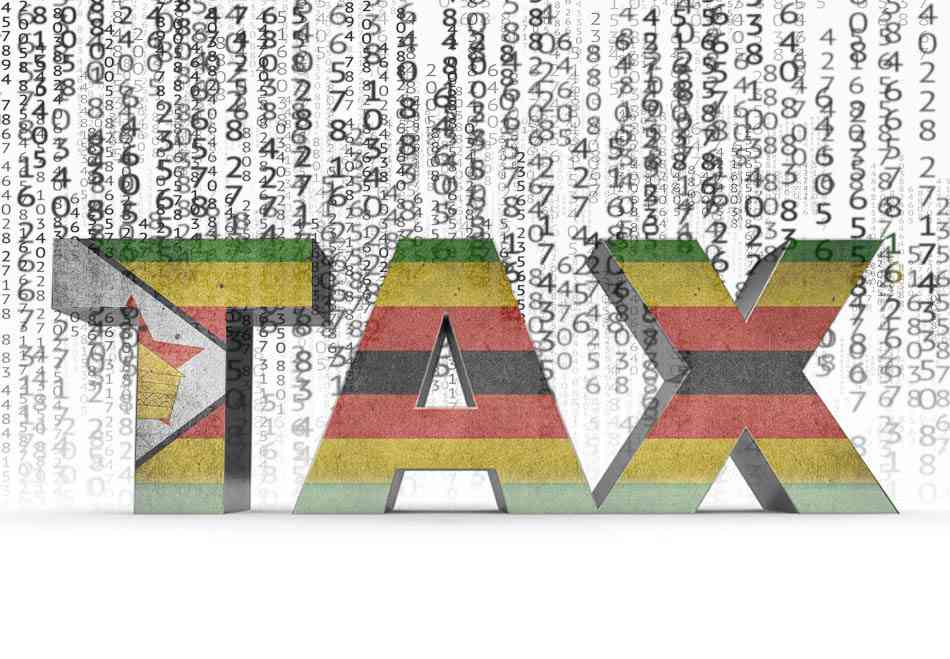
ZIMBABWE’S road infrastructure is in a deplorable state, and the situation worsens daily. Across the country, roads are riddled with potholes, many routes having completely deteriorated, and some are now utterly impassable, particularly in rural areas.
This decline is not merely an inconvenience; it poses a significant threat to economic growth, public safety and the overall quality of life for citizens.
The Zimbabwe National Roads Administration (Zinara), entrusted with the responsibility of maintaining and rehabilitating the nation’s road network, is struggling to meet its mandate. Its efforts have been woefully inadequate, leaving much to be desired.
We believe it is high time to reconsider the current centralised system and explore the merits of empowering local authorities to collect road user fees. This approach, which was in place before the system was changed, could prove to be more effective.
Zinara’s centralised approach to road maintenance has proven to be inefficient and ineffective. Despite collecting substantial revenue through road user fees, tollgates, and vehicle licensing, these funds seldom translate into visible improvements on the ground.
Many local authorities have raised concerns over delayed disbursements and insufficient allocations, leaving them unable to address the pressing needs of their communities. This centralised model has created a bottleneck, with Zinara acting as an intermediary that consistently fails to deliver.
Consequently, roads continue to deteriorate, and the public is left to endure the consequences.
Decentralising the collection of road user fees to local authorities could be a transformative step. Local councils and rural district councils are better placed to understand the specific needs of their areas and can allocate resources more efficiently.
- Chamisa party defiant after ban
- Gwanda accident victim seeks justice
- Village Rhapsody: How Zimbabwe can improve governance
- Zimbabwe fall in T20 opener
Keep Reading
By allowing them to collect and manage road user fees, funds would be directly channelled into local road maintenance projects, ensuring quicker responses to issues such as potholes, drainage problems, and bridge repairs. This approach would also foster accountability, as local authorities would be directly answerable to their communities for the state of the roads.
Furthermore, decentralising road user fees would incentivise local authorities to enhance their revenue collection systems. At present, many councils grapple with financial constraints due to limited revenue streams.
By granting them control over road user fees, they would gain a dedicated source of funding for road infrastructure, reducing their reliance on central government allocations.
Sceptics may argue that local authorities lack the capacity to manage road user fees effectively. However, this challenge can be addressed through capacity-building initiatives and the establishment of clear guidelines and oversight mechanisms.
Central government could still play a role in setting national standards and providing technical support, but the day-to-day management of road maintenance should be entrusted to local authorities.
For once, let us put politics aside and develop our nation.











